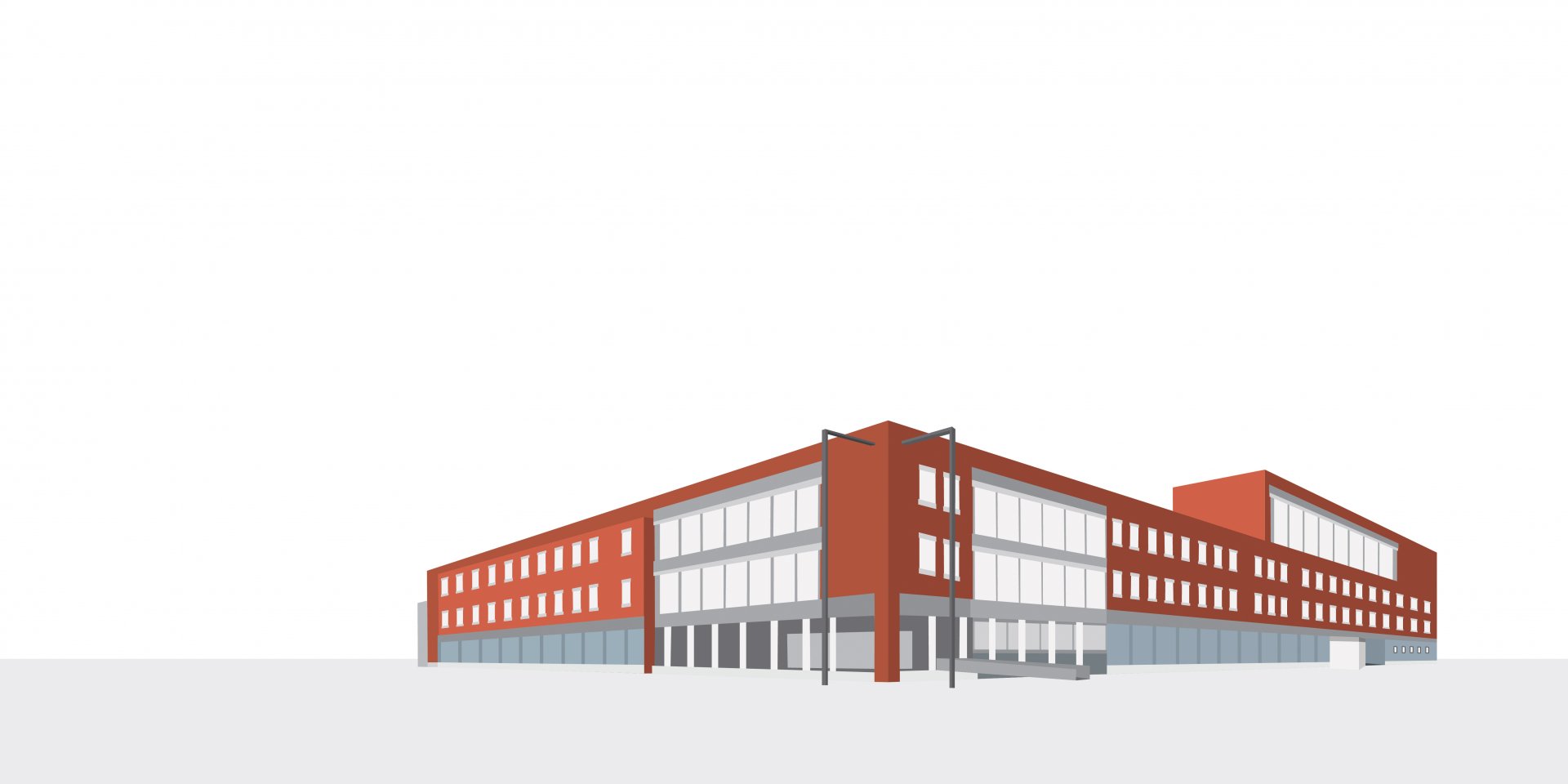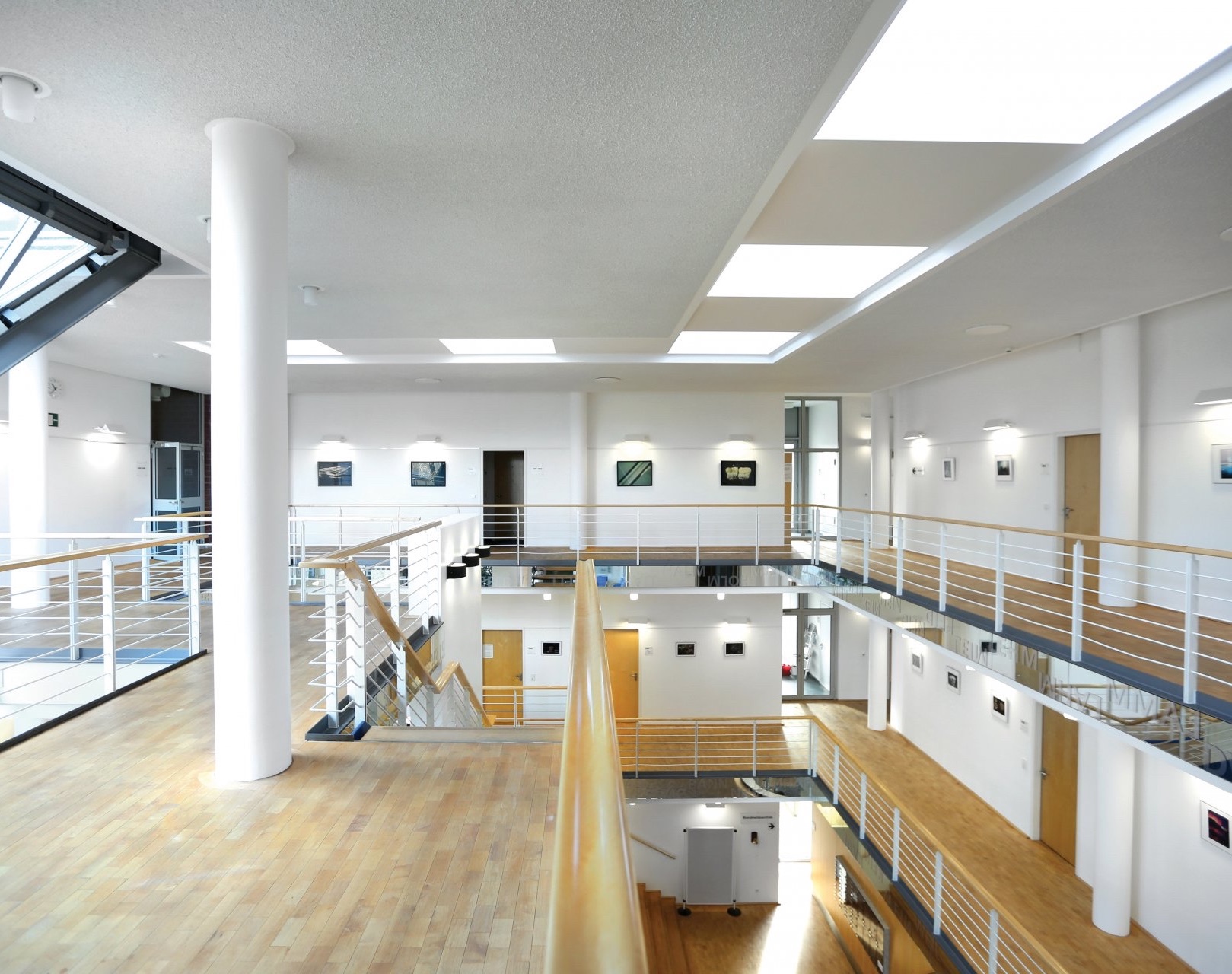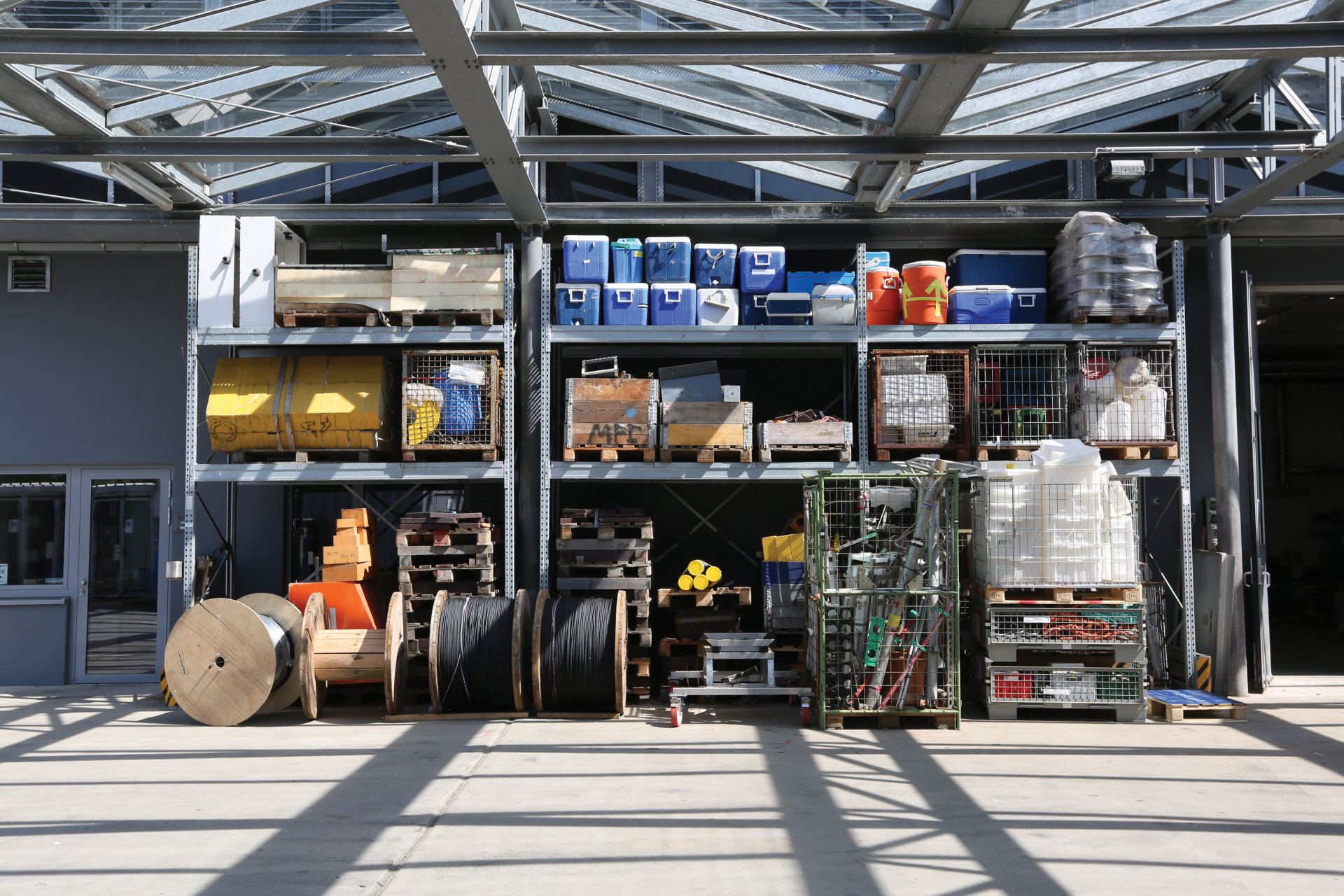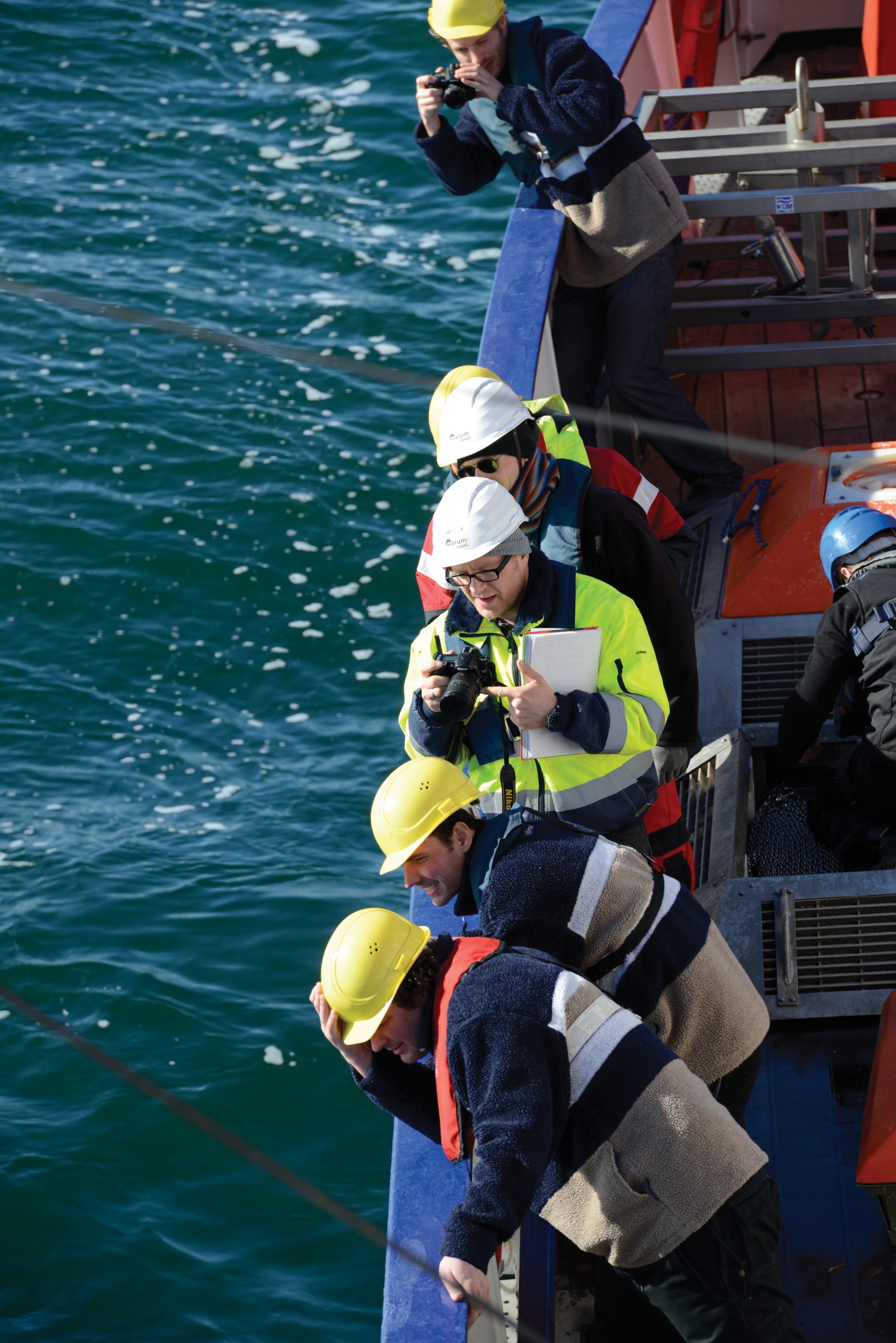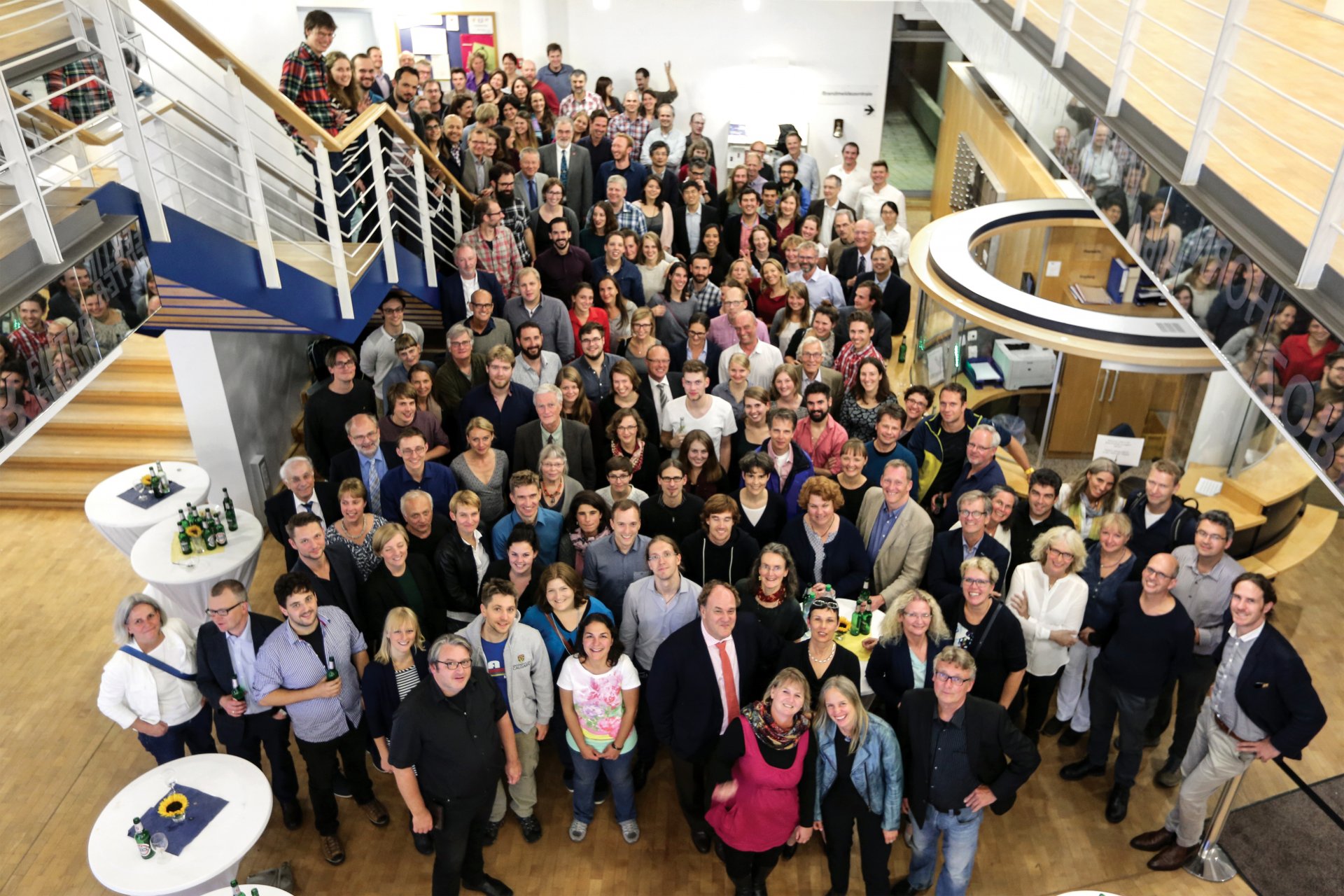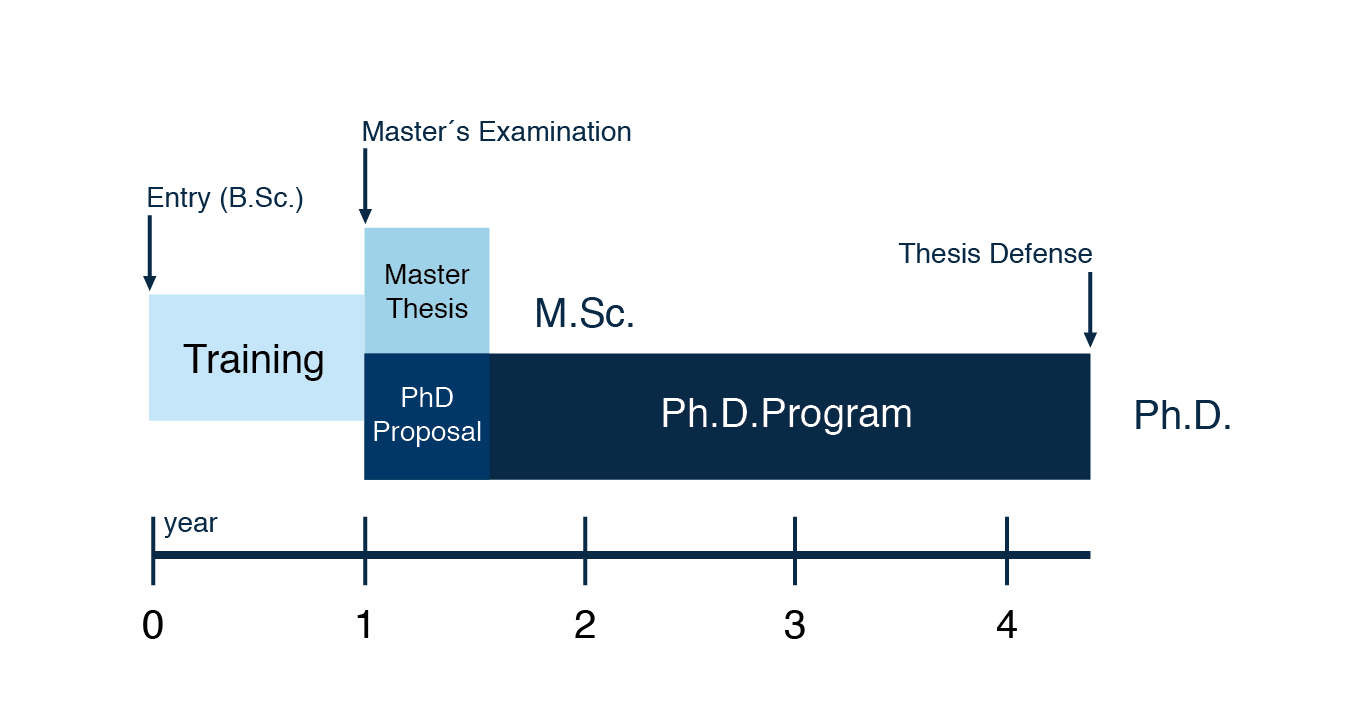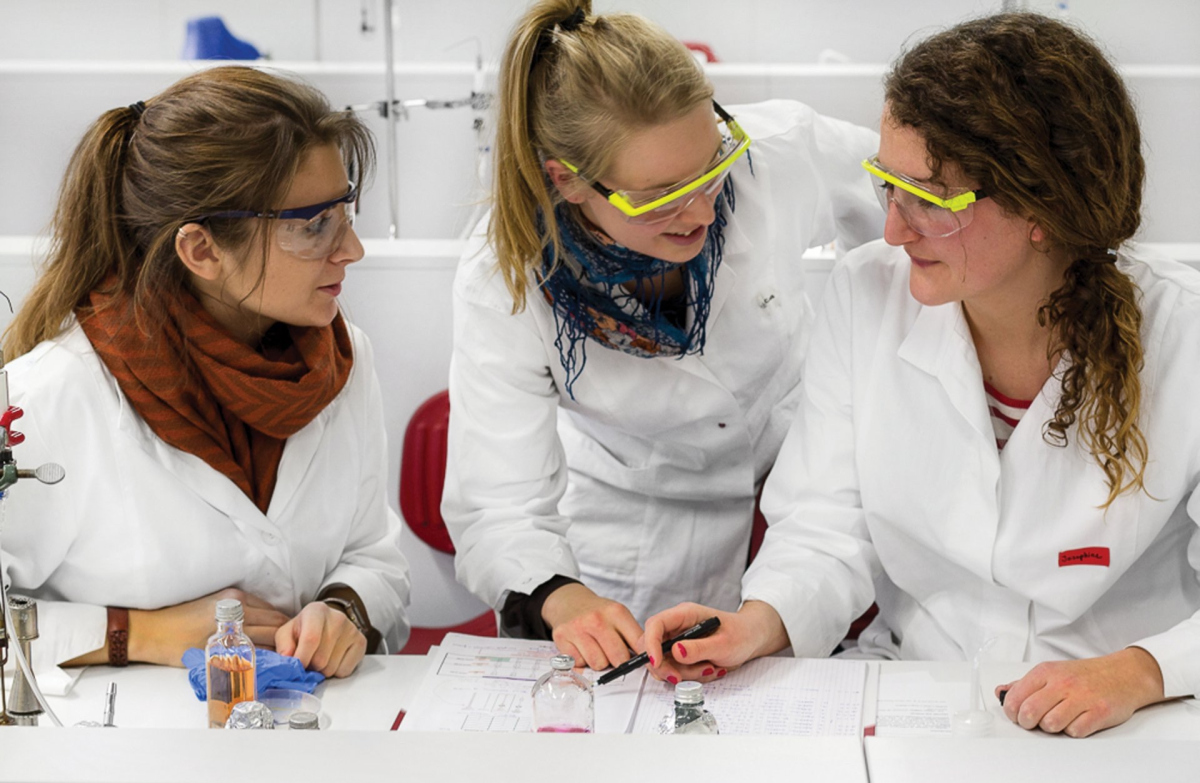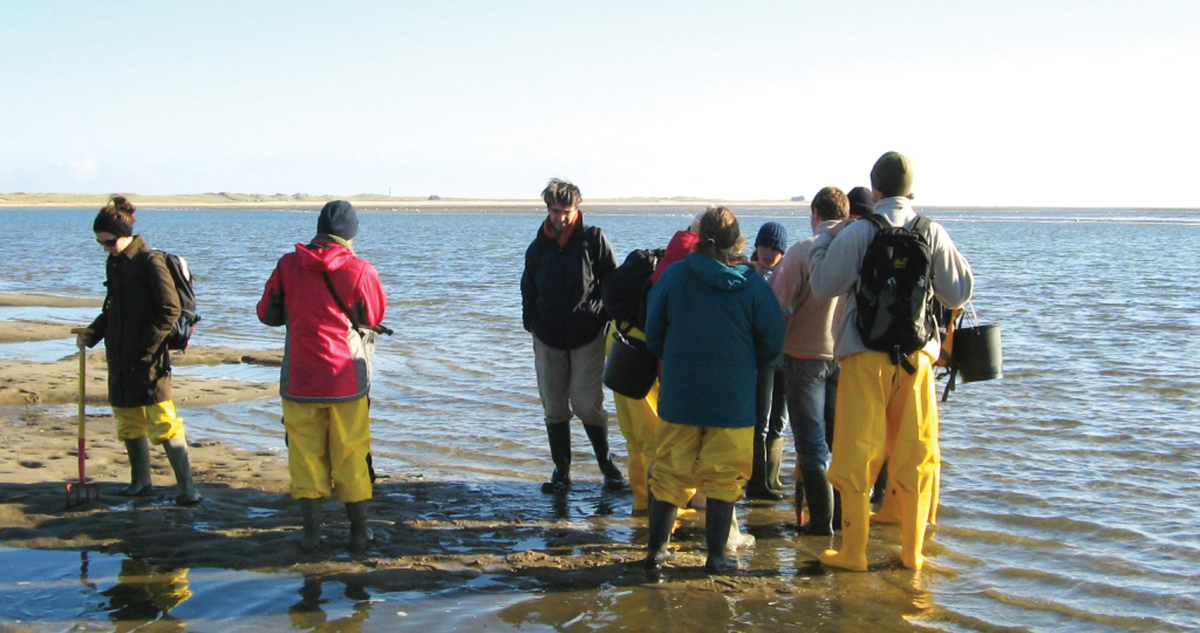- Research & Instruments
- Who we are - Our institute
Who we are - Our institute
> 15 disciplines
Highly specialized and simultaneously interdisciplinary: Our researchers have in-depth expertise in their respective disciplines – and collaborate across the boundaries of their disciplines: From microsensors to microbiology, from geochemistry to genome analysis and from molecular ecology to mathematical modelling.
> 30 nations
People from more than 30 nations work closely together at our institute. In numerous projects, they collaborate with scientists from institutions around the world.
Independently diverse
Our directors independently develop research goals and paths – a structure that makes the Max Planck Society a strong magnet for leading international scientists. This successful concept is evident in the many awards and prizes that value the work of our researchers – such as the Gottfried Wilhelm Leibniz Prize, ERC Advanced Grants and the Bergey Medal.
> 8,000 square metres
is the area occupied by our research – this includes laboratories, offices, workshops, technical building equip-ment and storage halls.
Microorganisms: They are so small that tens of thousands of them fit into a single drop of water. Without them, our world would not be what it is: At the Max Planck Institute in Bremen, we study microorganisms, the smallest inhabitants of the oceans. Which microbes live where, how and from what? What are their typical traits and properties? And what role do they play in biogeochemical cycles and thus for the environment and climate? At our institute, experts from very diverse scientific and technical disciplines search for answers to these questions. Most of our work is pioneering: To date, only an estimated one percent of marine microorganisms have been cultured and are well known. Again and again we discover new microorganisms with new capabilities – and thus gain fundamental insights and new perspectives.
What else? Much more than science!
No science without non-scientists. The expertise and dedication of our many non-scientific workers are the cornerstones of our institute and crucial to our research success. With expertise and experience, perseverance and dedication, they make sure everything runs smoothly, from application to research trip and lab work to publication.
In-house equipment development
Tailor-made instead of off-the-shelf: Where we work, standard equipment is generally not good enough. High pressures, large temperature differences and the uncertainties of currents and waves – our equipment needs to withstand all of this. Our in-house workshops design, build and adapt, screw and solder – to develop the right instrument for our research.
All-round excellence
Our librarian finds even the most hard-to-find articles and books. Our administration takes care of the institute’s finances, helps researchers apply for and manage their research funds and organizes our trips to the most remote places. Our IT crew ensures that our servers and computers keep running. Our building and technology services keep our laboratories and offices running. And our press team presents our research to the media and the general public.
MarMic: Our Master’s and PhD programme
Researchers that study oceanic microbes have to look beyond disciplinary boundaries: Biologists, chemists, ecologists, physicists, informaticians, geologists and those from sub-disciplines from within each of these fields, need to cooperate closely. In MarMic, our International Max Planck Research School (IMPRS), we train young scientists to study our research objects from many perspectives. This, too, is teamwork: In addition to our institute, MarMic also includes the University of Bremen, Jacobs University Bremen and the Alfred Wegener Institute Helmholtz Centre for Polar and Marine Research.
MarMic accepts highly qualified and motivated national and international students. We are training a new generation of marine researchers to provide them with the knowledge needed to better understand microbial life and the way in which it affects our biosphere.
The beginning of the MarMic study year consists of lectures and seminars, internships and laboratory projects. As early as the end of the first year, students work on a research-based Master’s thesis, which they complete after six months to gain their Master of Science (MSc). They can then go on to gain their PhD degree within another three years. Doctoral students participate in lectures, method courses, soft-skills training, international conferences, expeditions and an annual closed-session conference. Among other things, the programme aims to prepare students for their life as international researchers, which is why lessons are held in English.
More than 200 employees from 30 different countries work at the Max Planck Institute for Marine Microbiology. At lab benches and desks, research vessels and conferences they contribute to facilitate our research. The scientists from various disciplines are just as indispensable as technicians, administrative staff and many others.
Independently diverse
Our directors independently develop research goals and paths – a structure that makes the Max Planck Society a strong magnet for leading international scientists. This successful concept is evident in the many awards and prizes that value the work of our researchers – such as the Gottfried Wilhelm Leibniz Prize, ERC Advanced Grants and the Bergey Medal.
> 15 disciplines
Highly specialized and simultaneously interdisciplinary: Our researchers have in-depth expertise in their respective disciplines – and collaborate across the boundaries of their disciplines: From microsensors to microbiology, from geochemistry to genome analysis and from molecular ecology to mathematical modelling.
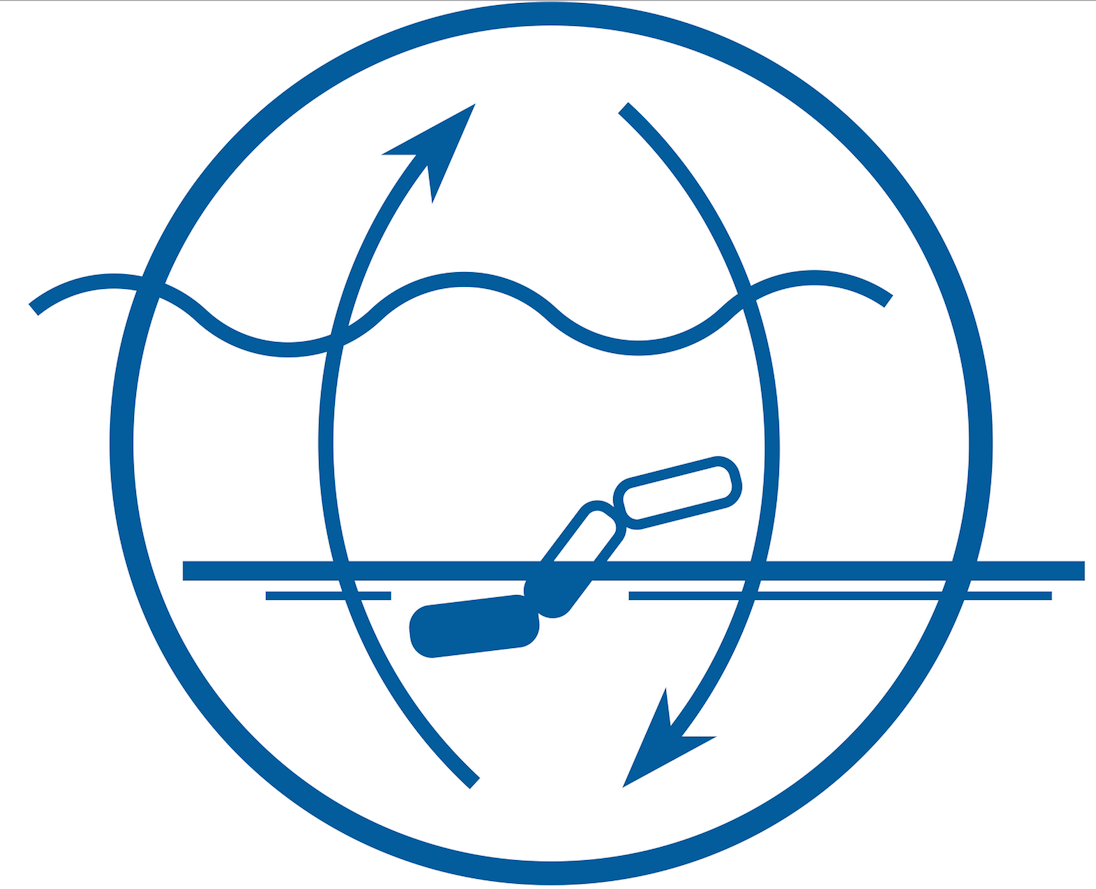
What else? Much more than science!
No science without non-scientists. The expertise and dedication of our many non-scientific workers are the cornerstones of our institute and crucial to our research success. With expertise and experience, perseverance and dedication, they make sure everything runs smoothly, from application to research trip and lab work to publication.
In-house equipment development
Tailor-made instead of off-the-shelf: Where we work, standard equipment is generally not good enough. High pressures, large temperature differences and the uncertainties of currents and waves – our equipment needs to withstand all of this. Our in-house workshops design, build and adapt, screw and solder – to develop the right instrument for our research.
All-round excellence
Our librarian finds even the most hard-to-find articles and books. Our administration takes care of the institute's finances, helps researchers apply for and manage their research funds and organizes our trips to the most remote places. Our IT crew ensures that our servers and computers keep running. Our building and technology services keep our laboratories and offices running. And our press team presents our research to the media and the general public.
